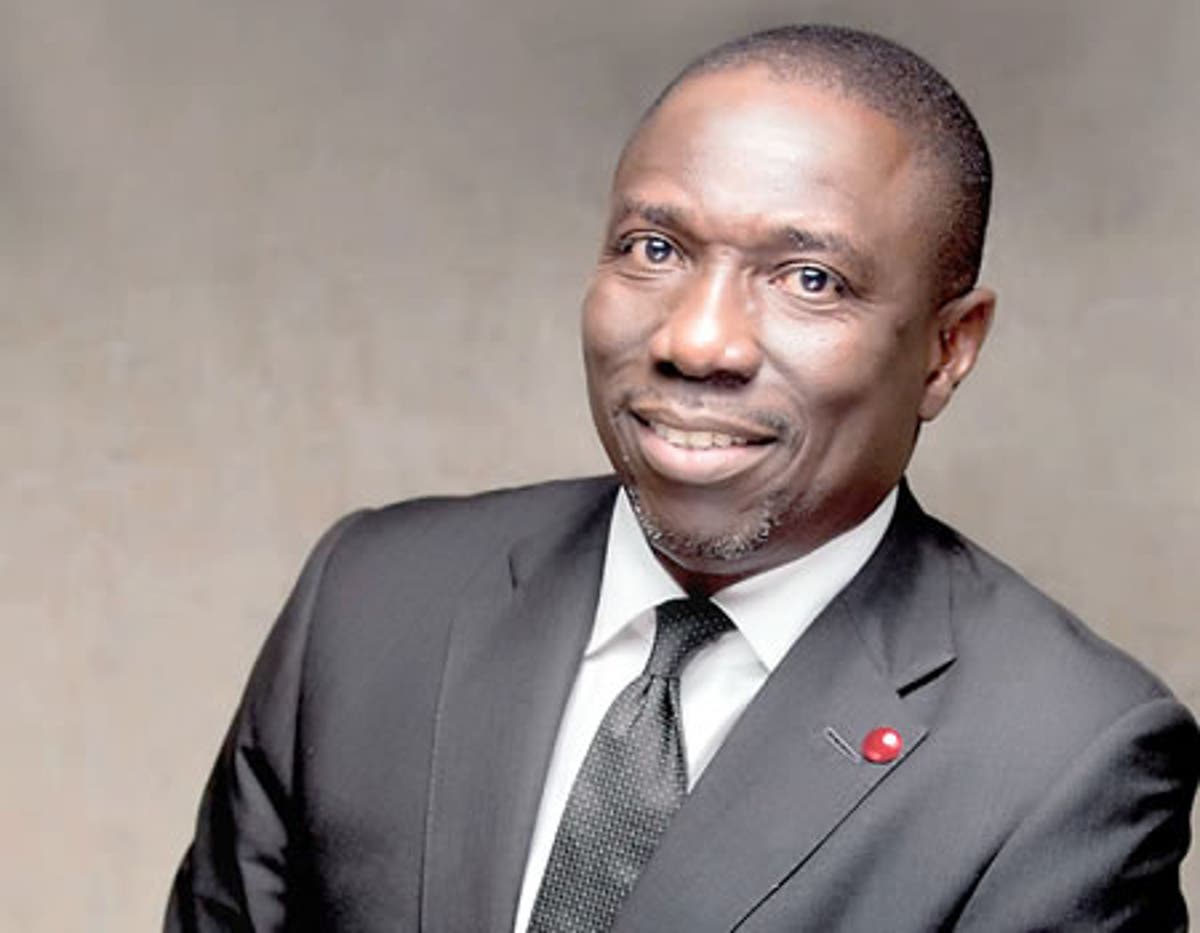Asue Ighodalo, chairman of the Nigerian Economic Summit Group (NESG), says excessive government regulations imposed on businesses drive away potential foreign investors.
He spoke on Tuesday in Abuja at an event titled ‘Financing Safe Schools: Creating Safe Learning Communities’.
Twitter, US-based microblogging and social networking service, recently announced the opening of its first-ever African office in Ghana.
The company noted that the choice of Ghana was based on the country’s history of being a “champion of democracy” and “a supporter of free speech, online freedom and the open internet.”
Ighodalo emphasised the importance of encouraging investments in order to create jobs for citizens and rejuvenate the economy.
“The economy of Nigeria is overregulated. The overregulation of the Nigerian economy and private sector participation affects investments,” he said.
“It is a chicken and egg thing. As a developing economy, you want people to bring money to invest, create jobs, pass on technology and skills. If there are jobs and people are earning, income is being distributed and redistributed.
“We have to go back to the base. We need to encourage and attract investments into Nigeria.”
Speaking on the need for security in schools, Ighodalo said technological innovations and fencing school premises will help to keep schoolchildren safe.
“In 2014, there was a fund established to support the process of safe schools. I think after a while, things didn’t work out. It was a private sector United Nations (UN) initiative,” he said.
“I think we need to go back there, revisit this fund and see how we can get more contributions.
“Funding is required to support safety in schools. Something as simple as fencing schools would go a long way. The higher the fences, the better.
“What we need to do now is put a lot more tracking technology like drones in schools. Drones can gather intelligence, see where students are and provide the intelligence to security agencies.
“All of these technological support to provide a strong security base can be funded and the private sector can galvanise funding.”









